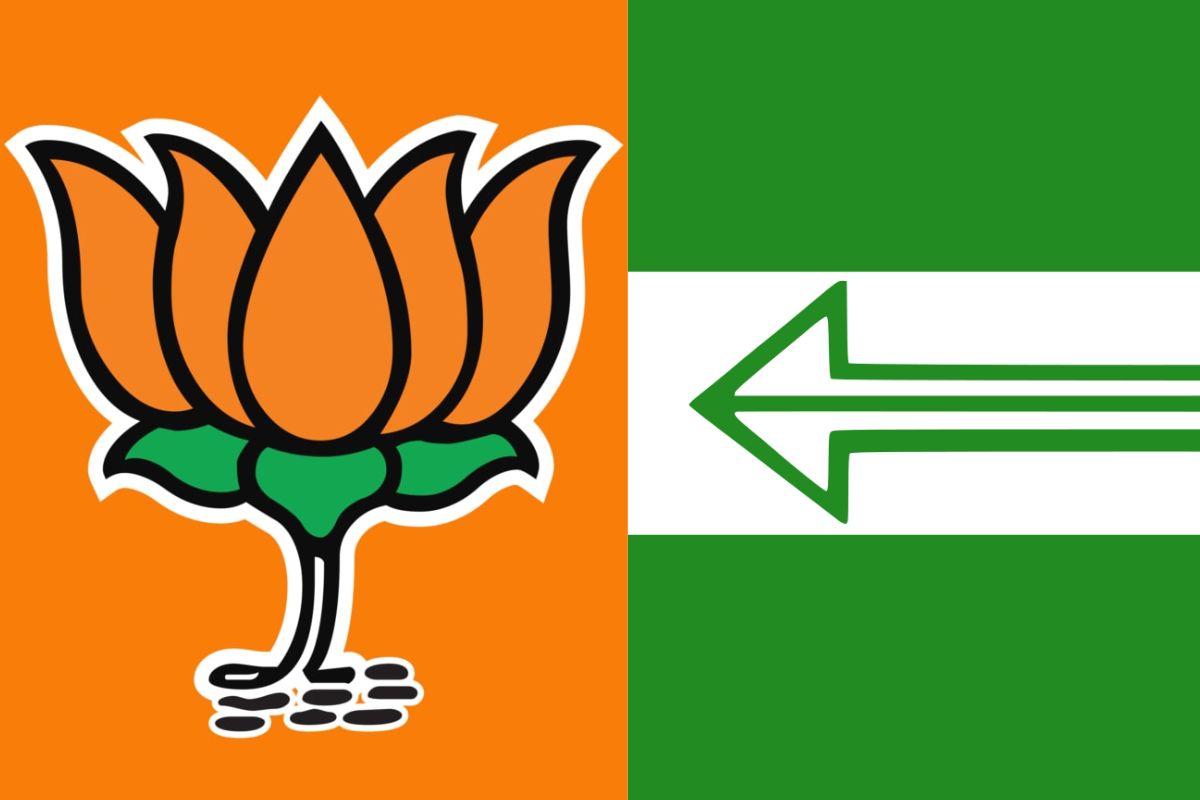As voters in eight constituencies in Bihar and four in Jharkhand head to the polls in the sixth phase of the Lok Sabha elections today, the BJP faces significant challenges that threaten to erode its dominance in these states, particularly in Jharkhand where it won 12 of 14 seats in 2019. Widespread dissatisfaction among rural voters, driven by issues like unemployment, inflation, and inadequate development, is a key factor behind this shift. In Bihar, anger against BJP and JD(U) candidates is described as palpable.
This resentment stems from what voters perceive as non-performance and absenteeism by their representatives. Rural voters are particularly disillusioned with the government’s focus on urban development at the expense of rural needs. Amid massive investments in infrastructure projects like highways and flyovers, the agrarian sector remains neglected, leading to widespread frustration. Moreover, the urban-rural divide is stark. Urban residents, though critical of the government’s shortcomings in areas like sewerage, education, and job creation, still see Prime Minister Narendra Modi’s leadership as a stabilising force. They believe that the BJP has maintained a semblance of order and security, which they value highly. This sentiment, however, is not shared by rural communities, who face severe hardships such as poor access to drinking water, inadequate wages, and failing healthcare and education systems.
Advertisement
The dissatisfaction extends to key voter demographics like Dalits and Extremely Backward Classes (EBCs). Traditionally marginalised, these groups now fear that their hard-won reservations are under threat. The BJP’s perceived attempts to dismantle caste-based reservations have deepened their mistrust, pushing them towards opposition parties. Chief Minister Nitish Kumar’s waning influence and erratic political alliances have further alienated these voters, creating a vacuum that the opposition is eager to fill. In Jharkhand, the BJP’s challenges are equally pronounced. The Adivasi community, which makes up a significant portion of the population, feels betrayed by the government’s attempts to commercialise their ancestral lands.
The proposed amendments to protective land laws and the creation of a land bank for industrial use have ignited fierce opposition. The Kurmi community feels abandoned after unfulfilled promises of inclusion in the Scheduled Tribes category, leading to a shift in their political loyalties. These developments indicate a broader trend of disenchantment with the status quo among rural and marginalised communities. While the BJP still holds sway in urban areas, the erosion of support in rural regions could significantly impact its overall performance. The opposition parties, particularly the RJD in Bihar and the JMM in Jharkhand, hope to capitalise on this discontent. Their focus on local issues and promises of more inclusive development are targeted at voters who feel left behind by the current administration. The elections in Bihar and Jharkhand thus serve as a critical barometer for the BJP’s standing at the national level. The party’s ability to address the multifaceted grievances of rural voters and marginalised communities will be crucial in determining its future electoral success











